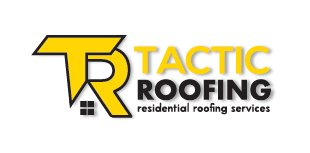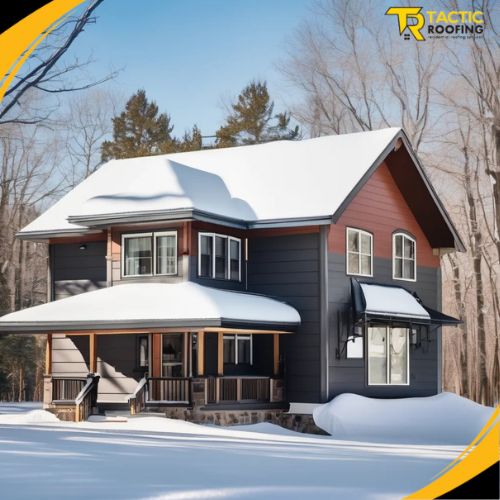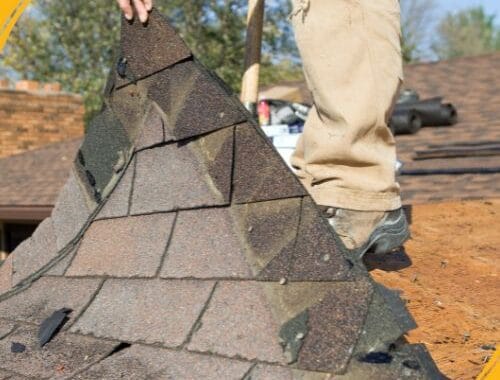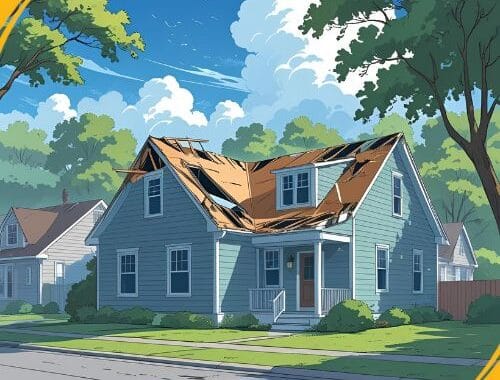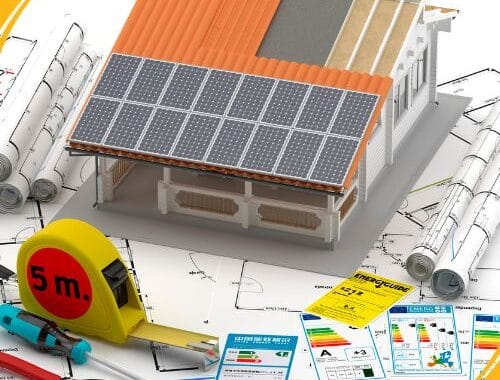As Canadian winters bring freezing temperatures and heavy snowfalls, the roofing materials we choose have a significant impact on energy consumption and heating bills. Energy-efficient roofs can help retain warmth, reduce heating costs, and improve comfort within homes during winter. Below, we’ll explore some of the best energy-efficient roofing materials, considerations for cold climates, and how Tactic Roofing can help you make the right choice.
The Importance of Energy-Efficient Roofing for Cold Climates
Roofs play a crucial role in insulating homes, particularly during winter. When properly chosen, energy-efficient materials can help create a barrier that retains heat and minimizes energy loss. This means your heating system doesn’t have to work as hard, saving on energy expenses. Investing in high-quality, winter-proof materials that work well in cold climates can lead to lower utility bills and improved roof longevity.
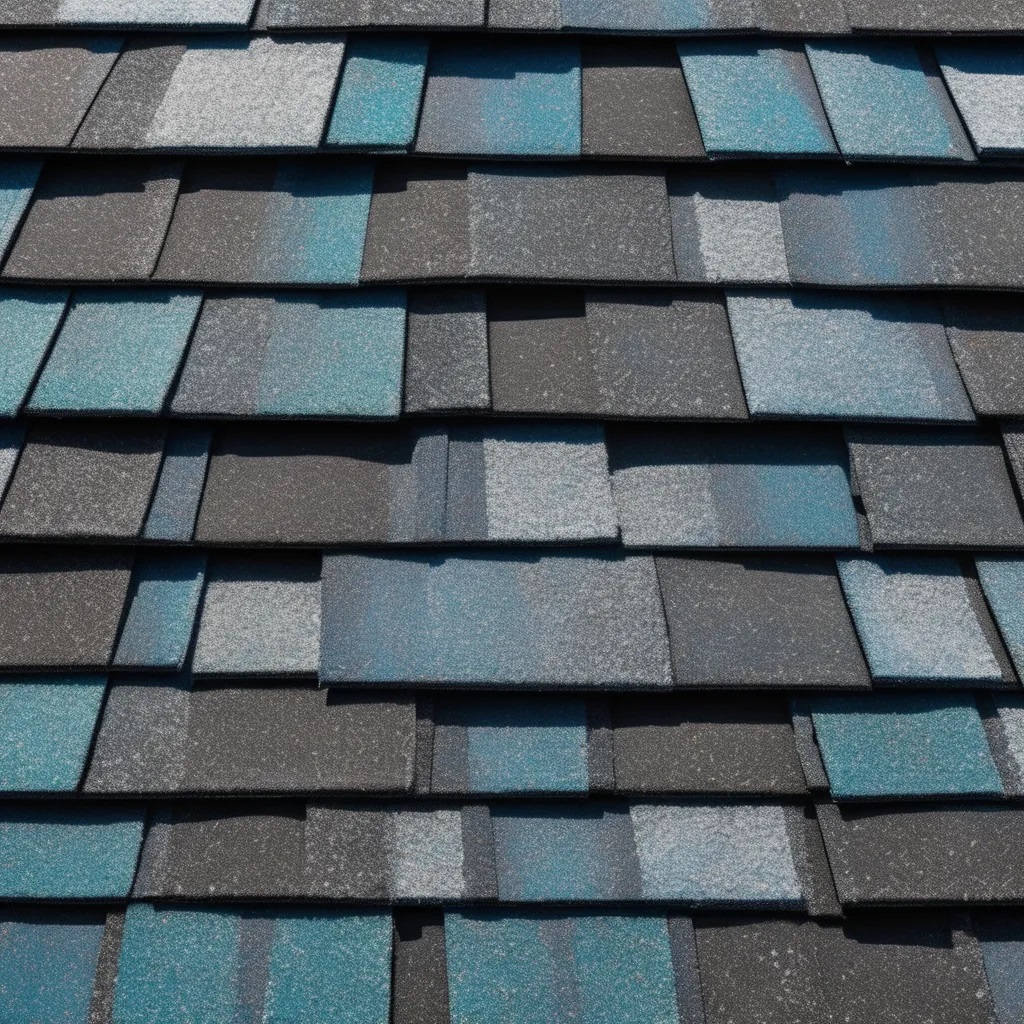
What to Look for in Energy-Efficient Roofing Materials
- High Thermal Resistance (R-Value) In regions with freezing weather, the thermal resistance of roofing material is key. R-value is the measure of a material’s insulating effectiveness; the higher the R-value, the better the material is at retaining heat. Materials like metal and asphalt shingles with added insulation have higher R-values and are ideal for winter.
- Durability Against Snow and Ice Choose materials that resist damage from heavy snow and ice, which can weigh heavily on roofs and cause leaks. Roofing options like metal, slate, and composite shingles are effective at resisting damage from cold elements and won’t crack or deteriorate under snow pressure.
- Solar Reflectance Index (SRI) SRI is a rating that indicates how much solar heat a material reflects, which is especially useful in areas with winter sun. High-SRI roofing materials reflect sunlight, helping to prevent the buildup of ice dams that form when melting snow refreezes.
Top Energy-Efficient Roofing Materials for Canadian Winters
1. Metal Roofing
Metal roofing is known for its durability, energy efficiency, and resilience to extreme weather. Metal panels and shingles provide excellent insulation, reflecting sunlight and preventing rapid snow buildup. Many metal roofs can be coated with special pigments that help increase their thermal performance.
Pros:
- High durability and resistance to snow and ice.
- Excellent for reflecting sunlight.
- Lifespan of 40–70 years with minimal maintenance.
Cons:
- Higher upfront cost compared to other materials.
- Metal roofs can be noisy during heavy rain or hail unless insulated.
2. Asphalt Shingles with Added Insulation
Asphalt shingles are a popular choice in Canada due to their affordability and ease of installation. Newer, energy-efficient versions of asphalt shingles are manufactured with added insulation layers that help retain warmth. They also have high resistance to winter elements when properly installed.
Pros:
- Affordable and widely available.
- Available with thermal reflective coatings.
- Durable under snow and ice when installed with extra insulation.
Cons:
- Slightly shorter lifespan (15–30 years) than metal.
- May not reflect as much sunlight as metal roofing.
3. Clay and Concrete Tiles
While more common in warmer climates, clay and concrete tiles with thermal coatings are also effective in colder areas. These materials offer natural insulation and thermal mass, which helps retain heat inside homes. They’re also heavy enough to withstand substantial snow loads.
Pros:
- Excellent insulation properties.
- Long-lasting with a lifespan of up to 50 years.
- High resistance to ice and snow.
Cons:
- Very heavy, requiring additional roof support.
- Higher upfront cost.
4. Slate Roofing
Slate is a premium roofing material known for its natural beauty and longevity. While it’s an investment, slate is extremely durable, energy-efficient, and impervious to water absorption, making it a great option for cold climates. It also naturally resists mold and mildew, which helps protect the home from the inside out.
Pros:
- High insulation properties for energy efficiency.
- Long-lasting, with a lifespan that can exceed 100 years.
- Resistant to extreme temperatures and freezing.
Cons:
- One of the most expensive roofing materials.
- Requires professional installation due to its weight.
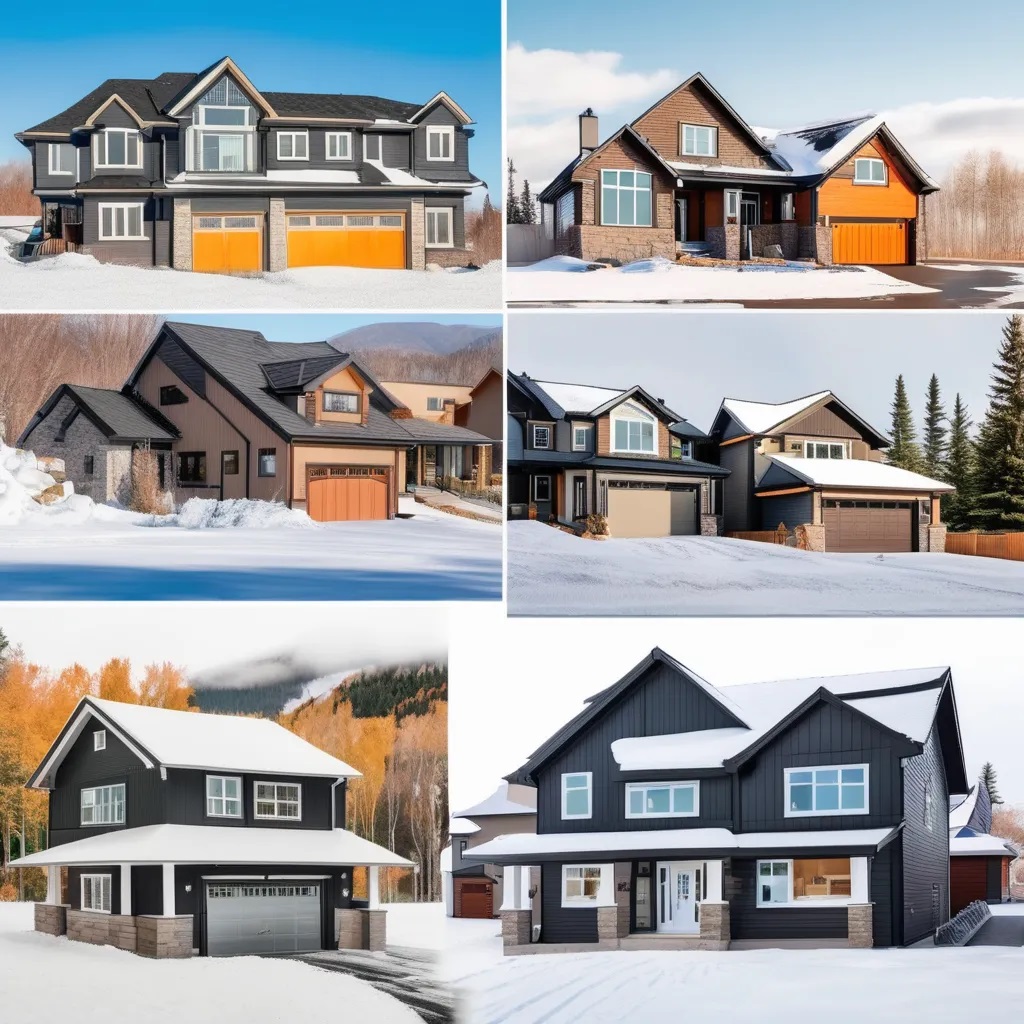
Tips for Choosing the Right Energy-Efficient Roofing Material
- Consult Local Experts A local roofing company like Tactic Roofing can assess your specific home needs and recommend the best materials suited for Canadian winters. Professional roofing companies also understand the building codes and regulations, which are essential for ensuring roof longevity.
- Consider Maintenance Needs Select materials that align with the amount of maintenance you’re willing to perform. For example, metal and slate are low-maintenance options, while asphalt shingles may require periodic checks for granule loss and potential cracks.
- Balance Cost with Longevity While energy-efficient roofs may have a higher upfront cost, they are worth it in terms of lifespan and energy savings. Budget for the most durable materials you can afford to avoid frequent repairs or replacements down the line.
- Evaluate Color Choices The color of roofing material affects energy efficiency. Darker colors absorb more heat, which may be useful in cold climates, while lighter colors can reflect sunlight. Choose colors based on the weather impacts on your roof and consult with experts to make a selection that works for all seasons.
The Benefits of Energy-Efficient Roofs for Winter Weather
Energy-efficient roofs reduce heat loss, helping to lower energy bills and reduce the strain on heating systems. They also prevent ice dams by providing better insulation and controlling temperature on the roof surface, reducing the risk of leaks. Choosing an energy-efficient roof is an investment in your home’s longevity and comfort, especially in the Canadian climate.
Why Tactic Roofing is the Right Choice
Tactic Roofing has extensive experience in selecting and installing energy-efficient roofs suited to Canadian winters. With a deep understanding of weather impacts on roofing, the team at Tactic Roofing can provide expert guidance on materials that save energy and withstand cold climates. Tactic Roofing offers consultations to help you choose materials that meet your needs and ensure your home stays warm and protected.
